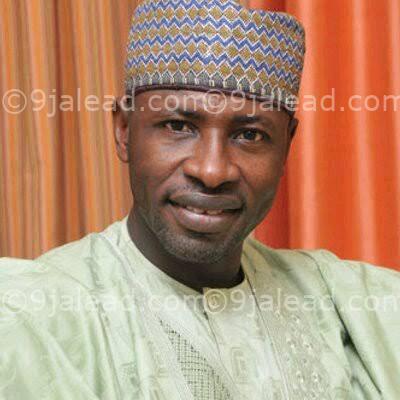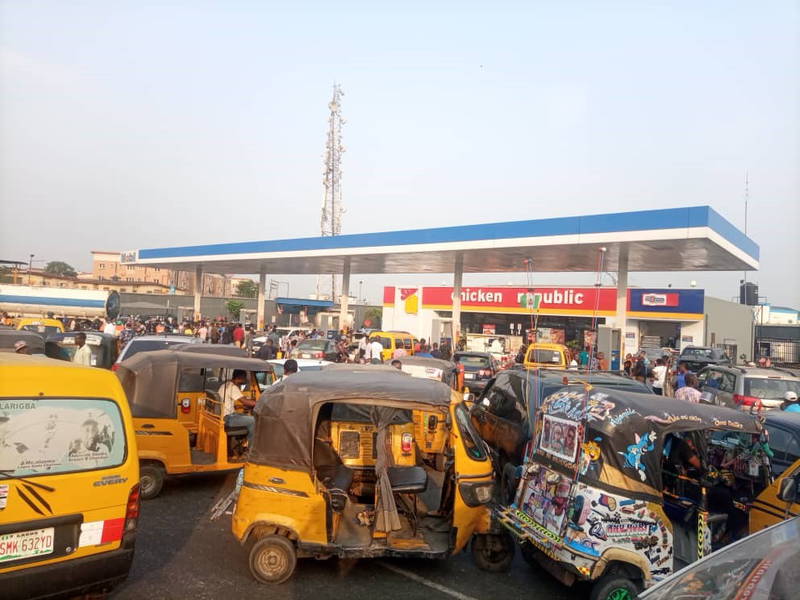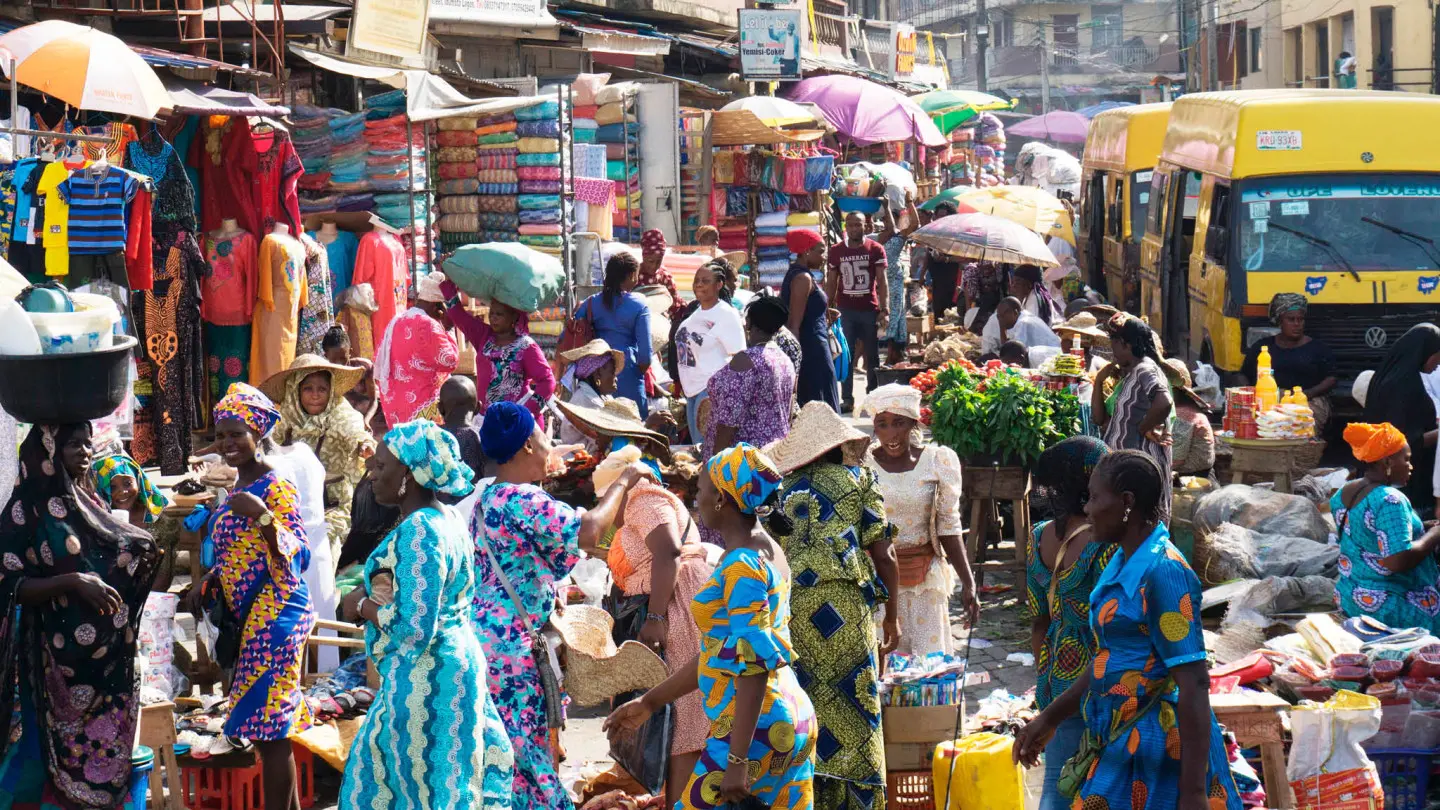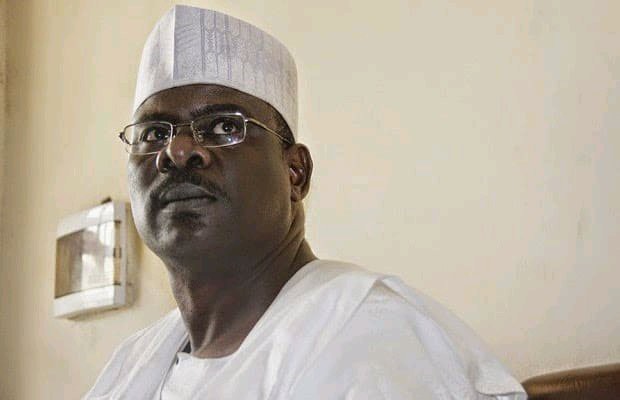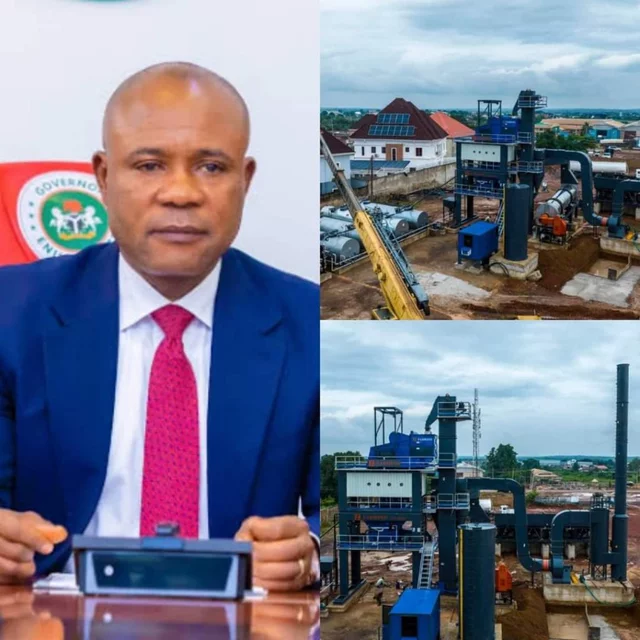Dr. Tanko Yunusa, a seasoned politician, human rights activist, and global coordinator of the Obidient Movement, has outlined the socio-economic and political challenges facing Northern Nigeria, despite its vast potential and historical significance....CLICK HERE TO CONTINUE READING.>>
Thank you for reading this post, don't forget to subscribe!
In his detailed analysis, Dr. Yunusa described Northern Nigeria as a geographically and culturally diverse region comprising 19 states, over 360 ethnic groups, and a population of approximately 120 million.
With a landmass of about 20,131 square kilometers, the region boasts fertile soil for agriculture, abundant mineral resources, and extensive infrastructure, including the highest number of international airports, railways, universities, and dry seaports in the country.
According to The Sun, he noted that despite these advantages, the region remains significantly underdeveloped in socio-economic and political terms. “The North has the greatest government capacity and institutional infrastructure, yet it lags behind in development,” Dr. Yunusa lamented.
He traced the region’s challenges to the dissolution of the once-united “Northern Identity,” which was fostered by the visionary leadership of the 1960s.
The creation of more states and the adoption of Nigeria’s current federal structure, he argued, fragmented the North and eroded the sense of unity and collective progress that once defined the region.
“While the Northern region was once a monolithic entity with a unified vision and leadership, it has now become 19 semi-independent entities, each pursuing its own agenda,” he explained.
Dr. Yunusa emphasized the North’s critical role in Nigeria’s history and stability, quoting the late Sir Ahmadu Bello, Sardauna of Sokoto, who stated during Nigeria’s independence talks, “Take away the North, there will be no Nigeria.”
He argued that the North remains a stabilizing force in the country’s unity, yet its current socio-economic stagnation poses a significant threat to the progress of Nigeria as a whole.
He called for urgent measures to address the region’s issues, stating that Northern Nigeria’s backwardness affects not just the region but the entire nation.
“Northern Nigeria matters beyond its landmass and population; it is a foundational partner in Nigeria’s establishment and a crucial player in its continued survival as an indivisible country,” he said.
Dr. Yunusa urged Northern leaders and stakeholders to reclaim the region’s historical unity and focus on leveraging its vast resources and infrastructure to foster socio-economic development. He warned that failure to do so would not only keep the North in stagnation but also hinder Nigeria’s overall progress.







